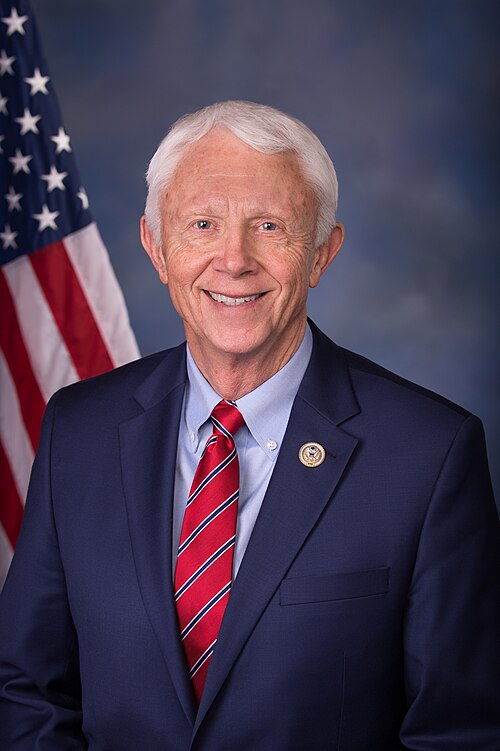H.R. 4043: Line 5 Act
The bill, known as the Line 5 Act, aims to regulate the actions of the President and any other designated individuals regarding a specific agreement between the United States and Canada concerning transit pipelines. Here is a summary of the main points of the bill:
Purpose of the Bill
The primary purpose of this bill is to ensure that the President or any appointed designee does not violate the 1977 Agreement between the United States and Canada regarding transit pipelines. This agreement governs how pipelines that cross the border between the two countries must be managed and operated.
Key Provisions
- Prohibition on Violating the Agreement: The bill explicitly states that the President and any designee are prohibited from actions that would violate the aforementioned agreement concerning transit pipelines.
- Focus on the Protocols Established: The bill emphasizes adhering to the rules and processes outlined in the 1977 agreement, ensuring both countries follow the established guidelines for safe and efficient operation of pipelines.
Implications
This legislation does not create new regulations but reinforces the importance of existing international agreements regarding pipeline transit. It aims to promote compliance with these agreements to ensure cooperation between the United States and Canada and to minimize any potential environmental risks from pipeline operations.
Relevant Companies
- ENB (Enbridge Inc.): As a company involved in the transportation of crude oil and natural gas through pipelines, the Line 5 Act could directly affect Enbridge’s operations, particularly those related to pipelines crossing the U.S.-Canada border.
This is an AI-generated summary of the bill text. There may be mistakes.
Sponsors
4 bill sponsors
Actions
2 actions
| Date | Action |
|---|---|
| Jun. 17, 2025 | Introduced in House |
| Jun. 17, 2025 | Referred to the House Committee on Foreign Affairs. |
Corporate Lobbying
0 companies lobbying
None found.
* Note that there can be significant delays in lobbying disclosures, and our data may be incomplete.






